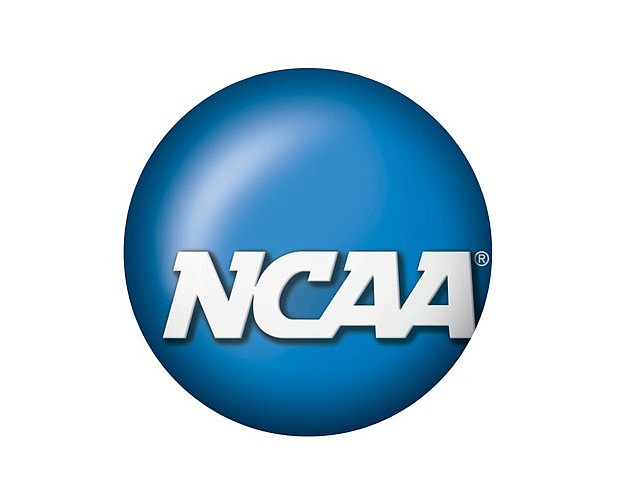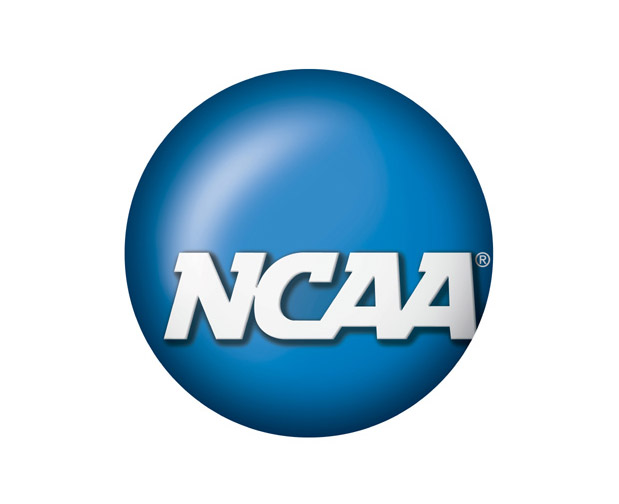Found on a Duke website Wednesday afternoon was the following Tweet from one Keith Stubbs: "Fun fact: if Jabari Parker stays in college he'll get free food."
Parker was supposed to announce Wednesday whether he was spending another year at Duke or taking his outrageous basketball skills to the NBA after one season in the Blue Devils program. Because the school's basketball banquet was scheduled for Wednesday evening, he reportedly decided to delay his decision until later.
Think about that for a moment and it certainly doesn't sound like Parker's staying. Otherwise, why not further energize the banquet crowd by proclaiming you're coming back to help coach Mike Krzyzewski win his fifth national championship.
But should Parker stay, it's certainly comforting to know the NCAA decided earlier this week to allow universities to feed their athletes for free, including snacks, since the rules previously instructed schools to provide no more than three meals a day.
If you're shocked by this because you assumed these young men and women were probably already treated to 24-hour room service catered by Wolfgang Puck understudies -- or Domino Pizza delivery guys -- read on:
In its obvious concern for the health and happiness of its student athletes, the NCAA actually had a bylaw allowing schools to offer bagels, fruits and nuts to them. But according to an interpretation, spreads like cream cheese were prohibited. The NCAA graciously eliminated that interpretation last year.
And you thought college athletics' governing body was without compassion.
Cream cheese? We just had the most outstanding player of last week's Final Four -- UConn senior guard Shabazz Napier -- talking about how he sometimes went to bed "starving" because he couldn't afford to buy a hamburger, and the NCAA's worried about one school having a competitive advantage over another because of cream cheese?
We've got Krzyzewski reporting income of over $9 million in 2011 and we're worried about slipping the third-team punter a tablespoon full of cream cheese for his 11 p.m. bagel? We're guessing butter was taboo for popcorn, too. And maybe peanut butter for pretzels?
With apologies to Steely Dan, talk about pretzel logic.
The most emotionally gripping moment from Jarnell Stokes' press conference last week concerning the junior's decision to enter the NBA draft wasn't about fulfilling his lifelong NBA dreams or his regrets that he couldn't get the Vols to the Elite Eight this season.
It was, instead, this: "College is definitely a struggle. It's hard to walk in the mall and they're selling your jersey for $100 and that's enough to pay your phone bill, that you can't even pay."
Until the last couple of months, I've always believed athletes needed to have a greater appreciation of the free college education they were receiving. In fact, education is something this entire country needs to appreciate far more than it does, given that the most recent international testing of 15-year-olds shows the United States outside the top 20 worldwide.
But this is also a free enterprise economy. And college football and men's basketball players are, in many cases, footing the bill for every other athlete on their campuses, covering scholarships, meals and housing.
Or as Big 12 commissioner Dan Beebe, who was formerly the Ohio Valley Conference commish, told the Associated Press on Tuesday, those football and basketball guys are the reasons women's volleyball and softball teams in the Big 12 can now fly to games and stay in first-class hotels.
They're also the reason why those who make the money should have a small share of the money over their money-draining classmates in non-revenue sports. It's simple, really. If your team makes a profit, you get a little walking-around money. If you don't, be hopeful those that do generate cash keep generating enough of it to keep your sport alive.
Again, Beebe, who's worked with both haves and have-nots, noted the need to reinstate the grant-in-aid for student-athletes that provided $15 a month 40 years ago for laundry, movie tickets and such, though it should be around $200 a month today: "We'd be in a better place. And if it happened a couple years ago it could've held off some of these outside pressures."
The pressures are becoming enormous. Especially from the five power conferences who easily generate the money to write such checks. There's serious talk among those five -- the Atlantic Coast, Big Ten, Big 12, Pac 12 and SEC -- of breaking away, leaving the rest of the NCAA to collapse under its self-important weight.
But it's not just current athletes such as Napier or Stokes who recognize a need to reform. College football hall of famer Bob Johnson, the ex-UT great, played for the Vols in the 1960s. Now 67, he said earlier this week, "A lot of these kids have nothing growing up and they're generating millions. I think they should at least get $500 to $800 a month for daily expenses."
They should. Perhaps they will. But at least they'll now get all the cream cheese and bagels they can eat for free. Why would Jabari Parker or any other young future multi-millionaire want to walk away from a deal like that?
Contact Mark Wiedmer at mwiedmer@timesfreepress.com

